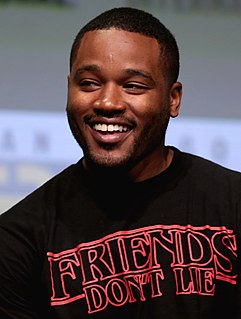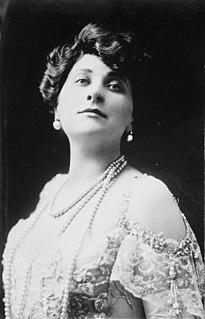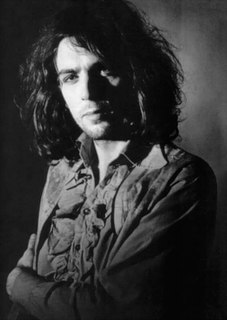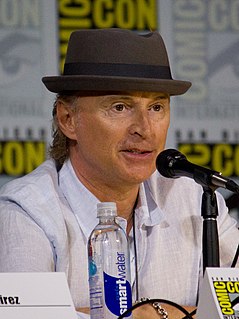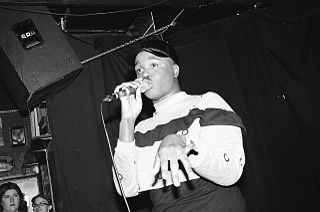A Quote by Stephen Sondheim
You get used to the exact amount of space between lines. You write a word and then you write an alternate word over it. You want enough room so you can read it, so the lines can't be too close.
Related Quotes
I don't write as much now as I used to, but I write. The lines still come, maybe periodically, and I'll go through these little bursts of time where I write a lot of things then a long period of time where maybe I don't write anything. Or these lines will come into my head and I'll write 'em down in a little book, just little sets of lines, but I won't try to make stories or poems out of them. I'm doing a lot of that now, just the lines.
I think if a writer is not endeavoring to expand and alter consciousness in himself and in his readers, he is not doing much of anything. It is precisely words, word lines, lines of words and images, and associations connected with these word and image lines in the brain, that keep you in present time, right where you are sitting now.
I will write in words of fire. I will write them on your skin. I will write about desire. Write beginnings, write of sin. You’re the book I love the best, your skin only holds my truth, you will be a palimpsest lines of age rewriting youth. You will not burn upon the pyre. Or be buried on the shelf. You’re my letter to desire: And you’ll never read yourself. I will trace each word and comma As the final dusk descends, You’re my tale of dreams and drama, Let us find out how it ends.
[Barack] Obama can draw lines for himself and his country, not for other countries. We have our red lines, like our sovereignty, our independence, while if you want to talk about world red lines, the United States used depleted uranium in Iraq, Israel used white phosphorus in Gaza, and nobody said anything. What about the red lines ? We don't see red lines. It's political red lines.
As soon as I start to write I'm very aware, I'm trying to be aware that a reader just might well pick up this poem, a stranger. So when I'm writing - and I think that this is important for all writers - I'm trying to be a writer and a reader back and forth. I write two lines or three lines. I will immediately stop and turn into a reader instead of a writer, and I'll read those lines as if I had never seen them before and as if I had never written them.


